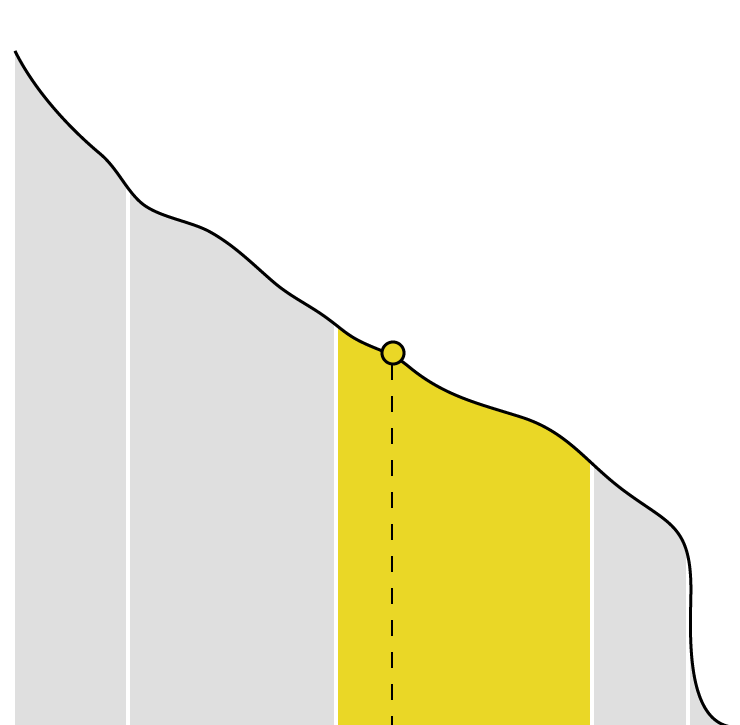European Investment Bank (EIB)
The European Investment Bank (EIB) is the European Union’s bank, owned by its member states. It works with other EU institutions to support EU policy and provides lending, blended finance and technical advice for investment both within and outside the EU. They became an IATI member in 2013 and started publishing IATI data in September 2014.
The EIB remains in the ‘fair’ category.
It continues to publish on at least a monthly basis.
The EIB is doing well with regards to organisational planning. Apart from annual report and country strategies, all indicators are published in the IATI Standard. While annual reports are always made available in other formats, country strategies are only published sometimes.
Although the EIB added the publication of annual project budgets to the IATI Registry, they perform relatively poorly on the finance and budgets component. Capital spend, disaggregated budgets as well as project budget documents could not be found, and disbursements and expenditures is one of its lowest scoring indicators. While it does publish sectors to the IATI Registry, they do not use DAC 5-digit sector codes. It also does not publish sub-national locations consistently.
Information about all joining-up development data indicators is being made available, barring conditions which is not published. Contracts and tenders are not available in an open and comparable format.
With regards to the performance component, the EIB only score for objectives. Results are not published, while pre-project impact appraisals and reviews and evaluations are only available sometimes.
- The EIB should focus on improving the comprehensiveness of its publication, in particular on financial and budgetary data as well as performance-related information.
- The EIB should also ensure the quality of its IATI, for example by using existing sector codes.
- The EIB should also consider further extending its transparency efforts to all private sector operations and share best practice with other DFIs.
- To demonstrate the impact of transparency on development work, the EIB should take responsibility to promote the use of the data they publish: internally, to promote coordination and effectiveness; and externally, to explore online and in-person feedback loops, including at country-level.
